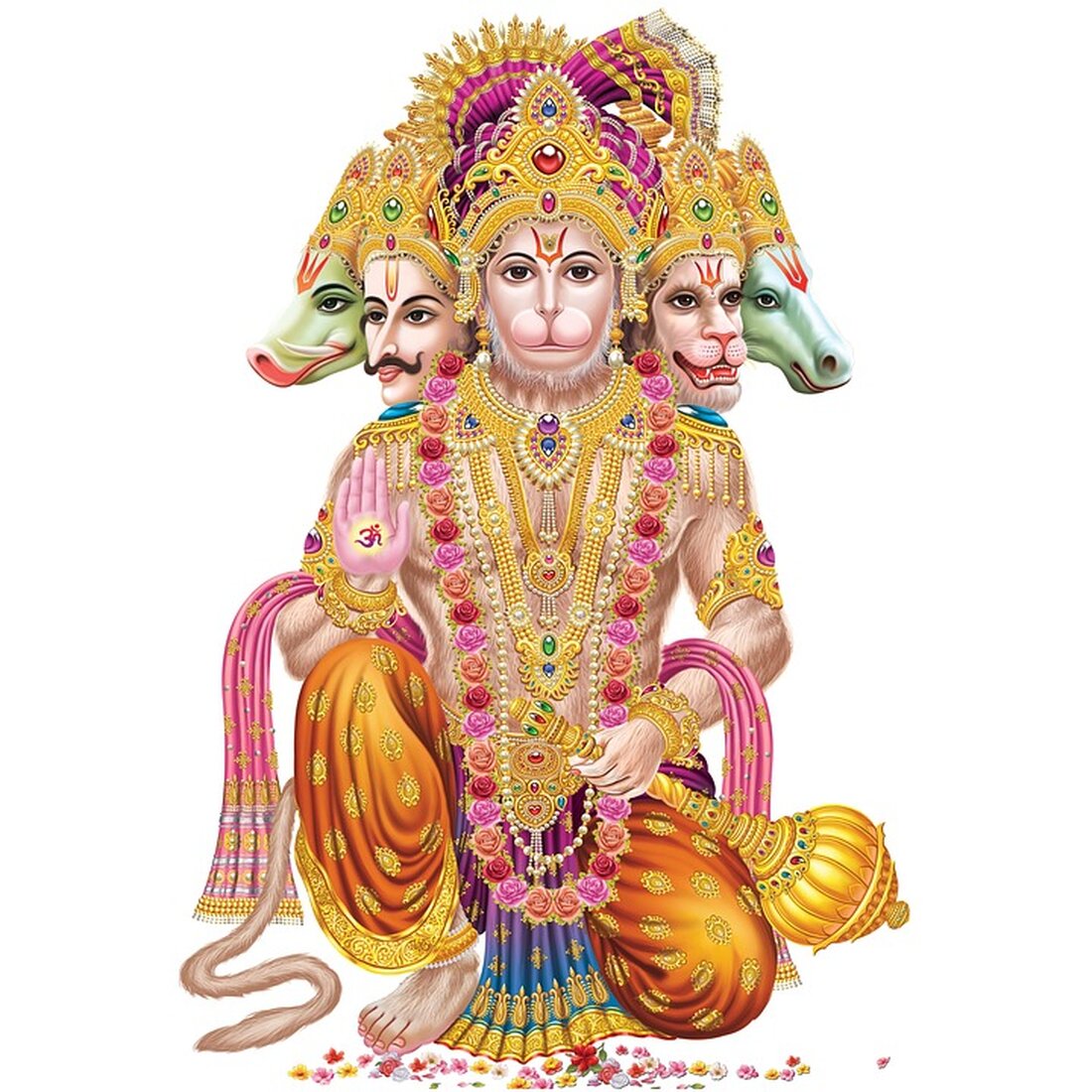Vance encourages Indian prime minister to ceasefire negotiations
US Vice President Vance urges Indian Premier Modi into ceasefire talks after alarming intelligence information. The United States is striving for de -escalation in the conflict between India and Pakistan.

Vance encourages Indian prime minister to ceasefire negotiations
Conflict between India and Pakistan . On Friday morning, the US government received alarming information on how former Trump administration officials told CNN. Although they did not want to explain the exact nature of the information for confidentiality, it was clear to them that they were crucial for convincing the three officials that a stronger intervention by the United States was necessary.
urgent call to modes
Vance himself contacts Indian Prime Minister Narendra Modi. He informed President Donald Trump about the planned call and spoke on Friday afternoon (et) with modi. He made it clear to the Indian Prime Minister that the White House saw a high probability for a dramatic escalation in the course of the weekend. Vance encouraged modes to search for direct dialogue with Pakistan and consider options for de -escalation.
the USA as an intermediary
At this point, the US government was of the opinion that the nuclear neighbors were not in conversation and that it was necessary to bring them back to the negotiating table. Vance also outlined modes possible exit options, of which the United States believed that the Pakistaners would react positively. However, the exact details remained confidential.After the call, officials from the Ministry of Foreign Affairs, including Rubio, began to make calls the night with their counterparts in India and Pakistan. Rubio had already contacted people in the region on Tuesday to design a general plan for an armistice, but had the specific details of the agreement for direct clarification between India and Pakistan.
diplomatic efforts before the ceasefire
A officially called with Rubios reported: "There were many efforts to reduce the escalation at the beginning of the week, and it was clear that the two sides did not talk to each other. The goal was to encourage India and Pakistan to communicate with our counterpart and to find a way to de -escalation through a ceasefire." Through these conversations, US representatives were able to gain insight into possible solutions for both sides and thus facilitate communication between the two countries, which finally led to the current developments.
agreement on the ceasefire
The Trump administration was not directly involved in the elaboration of the agreement and mainly saw its role in persuading the two sides to talk. But from the US's point of view, Vances call was a decisive interaction at Modi. Vance had already met Modi in India last month, and the Trump administration was convinced that his relationship with Modi was an advantage when calling.
Vances call came just one day after the Vice President said that the conflict "was not our business" and the possibility of a US intervention was reduced. He had explained to Fox News: "We can only advise these people to de -escalate, but we will not interfere in a war that has nothing to do with us in principle."
response to the ceasefire
The ceasefire was reached more intensely on Saturday after a day. The trump administration's office stated that the exact details of how the ceasefire is to be monitored must still be determined. After the ceasefire was announced, explosions could be heard in the Kashmir managed by India and in the cashmere managed by Pakistan.
Trump announced the "full and immediate ceasefire" on social media on Saturday morning, and Rubio posted shortly afterwards: "I am pleased to announce that the governments of India and Pakistan have approved an immediate ceasefire and the start of discussions about a wide range in a neutral place."
different perceptions and reactions
While Pakistan praised the US efforts in the conversations, India played down the role of the United States. Prime Minister Pakistan, Shehbaz Sharif, thanked X for the "leadership and proactive role" of President Trump for peace in the region. In contrast, the Indian Secretary of Foreign Minister Vikram Misri did not mention the US participation in his declaration and emphasized that the "directly" agreement was negotiated between the two countries.
It is not surprising that these bitter rivals present different reports on how the ceasefire was achieved. In their long and tense history, India and Pakistan look at the need for intervention by third parties from different perspectives. India, which sees itself as an emerging superpower, was long against international mediation, while Pakistan, which is strongly dependent on foreign help, welcomes such interventions, according to the analysts.
For this report, CNNS Kit Maher, Sophia Saifi and Christian Edwards contributed.

 Suche
Suche
